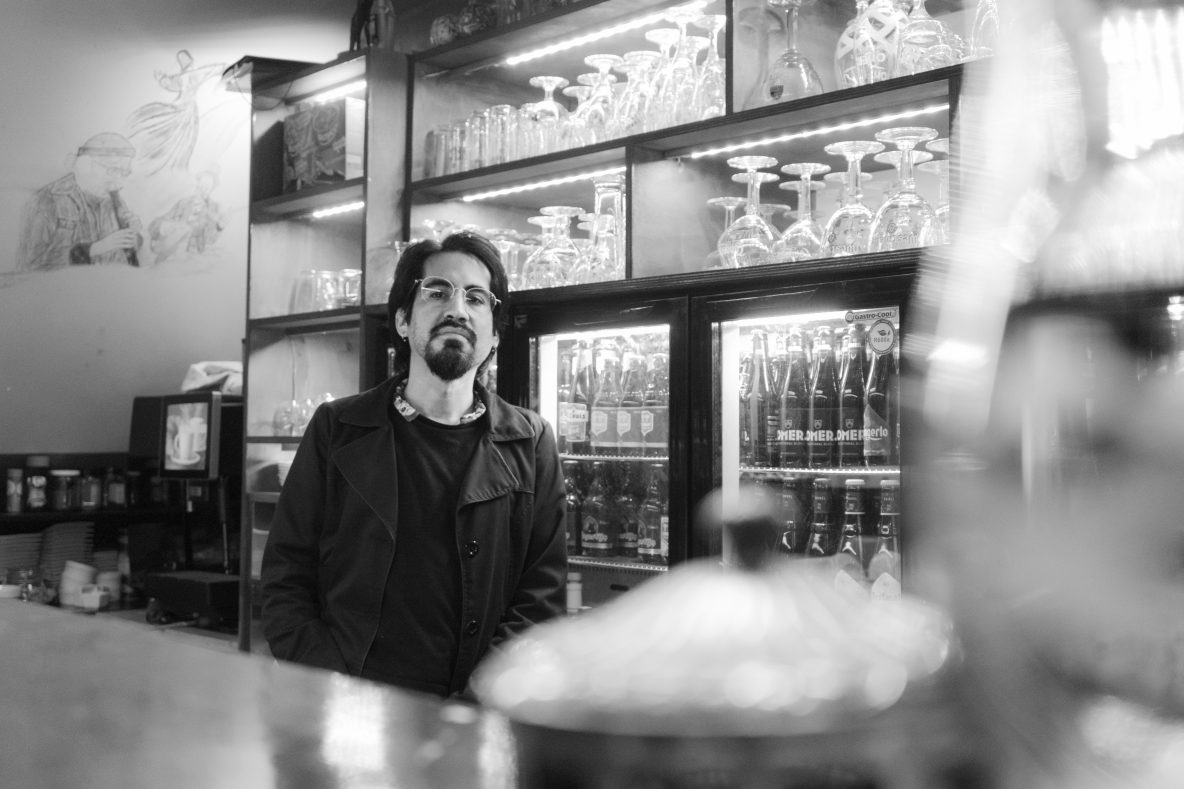Rodrigo Díaz Guzmán recently immigrated to Belgium; however, this is not the beginning of his unique immigration story, nor will it be the end.
My name is Rodrigo Díaz Guzmán. I was born in 1989 in Oaxaca, Mexico. Oaxaca is a very diverse state; it is difficult to simply identify as Oaxacan. There are a plethora of distinct Indigenous American groups and a multitude of languages spoken between them.
However, I did not spend much time living in Oaxaca. Growing up, my mom worked in Human Rights, which would often get her into trouble with the corrupt politicians in Oaxaca. I was ten years old when we received threats so serious that we had to flee Mexico for our safety. We packed everything up, and within just two weeks, we were in Chicago, in the United States.
There was quite a strong contrast between my life in calm, rural Oaxaca and the enormous city of Chicago, with its violence and, especially, its English. We stayed in the US for a year and a half before moving back to Mexico, this time not to Oaxaca, but Yucatán.
Yucatán was immensely different from Oaxaca. Although both have strong ties to ancient cultures, Yucatán is Maya, whereas Oaxaca is Aztec. These are two completely distinct groups of people with their own unique cultures and history.
Language was another major difference: the Spanish they spoke in Yucatán was very different from the Spanish I spoke. In fact, most people did not prefer to even speak Spanish at all! Rather, they would speak to each other in Mayan language.
It is Mexico, but it’s another Mexico, inside Mexico. I could say it is a different country. Even as a Mexican, I was always an immigrant in Yucatán.
Rodrigo Díaz Guzmán
When I lived in Mexico, a lot of my work focused on the mental health of immigrants. This has helped me tremendously. I can see my immigration processes from different perspectives, which helps me stay content. I am happy to be an immigrant.
When I got older, I ended up studying in Xalapa, a city in Veracruz – yet another part of Mexico where I became an immigrant. Later, after graduating, I moved back to Yucatán to work. Then, this year, I became an immigrant again, as I moved to Belgium, this time because I fell in love.
My wife has a contract in Belgium, a job, and a house. I, on the other hand, had few belongings to my name back in Mexico, although I did have an amazing job as a photographer for La Jornada, a Mexican newspaper. I loved the work I did there; in a way, it was my dream job.

All in all, despite my job and my wife’s love for Mexico, it was much easier for her to stay in Belgium and for me to leave Mexico to join her. So, that is what I did: I moved to Belgium, got married, and I am planning to stay here for the next chapter of my life.

(Credit: Lukas Held Charini)
All immigrants are not the same, and I need to keep this in mind. I am not the same as an immigrant who is trying to escape conflict, for example. I came to Europe to be with the love of my life. No tragedy pressured me to come here. The terrible thing was actually to be separate.
I am grateful to live in Belgium, and while there are things in Mexico I miss, they are few. Of course, there are some things, but you have to learn to live with them.
Immigration is never soft. There is always a loss.
Rodrigo Díaz Guzmán
You lose, for example, your comfort or your family. My whole family is together in Mexico for Christmas, and my wife is with her family in Spain. However, I am alone.
I lost my job in Yucatán. I fear never working in photography again: it is my passion; it is what I do. Right now, I am working at an old local bar. I am enjoying it, yes, but it is not what I want to be doing for the rest of my life. I have no idea what I will be doing for the rest of my life. However, I enjoy the uncertainty. It empowers me to make my own decisions; it gives me freedom.
I am uncertain whether I will stay in Belgium for the rest of my life or continue my journey elsewhere. The only thing I know for a fact is that I will always carry the spirit of an immigrant. I am proud to be an immigrant.
[jetpack-related-posts]
